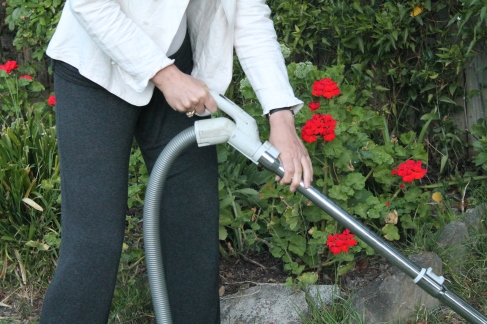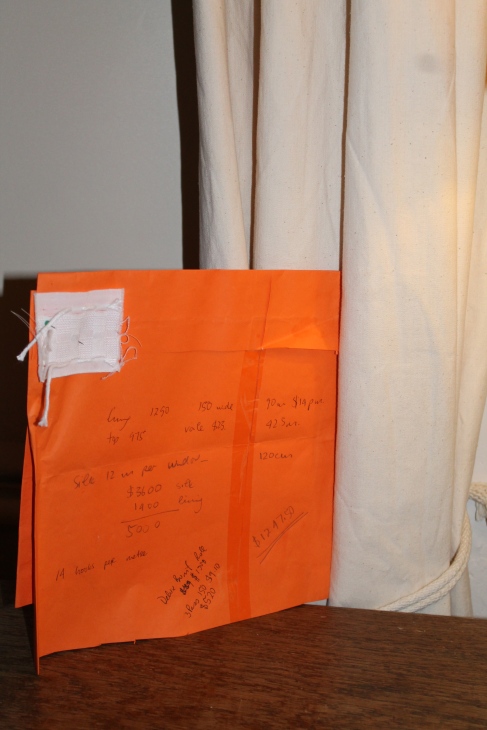Ten things I’ve learned
Another year is ending, for me, and I’m drawn to write down some of the things that I know today, that I didn’t know – at least enough to articulate – this time last year. Here they are:
1. Start before I’m ready
The bigger and more daunting the project, the sooner I make myself begin it. I don’t wait for the right moment. There may well, I tell myself, be no right moment.
2. Confidence is often more important than ability
As I mature, and look around at others who are maturing with me, I realise that in many ways confidence is more important than ability. Many people twigged to this decades ago. But for those, like me, who pulled back from the throng – for me it was to have children – rejoining it again makes the role of confidence patently obvious.
3. Dress up not down
I live in a small city or small town, depending on my mood. My friend Emma, who lives here too, taught me one of my most important lessons of the year, which is to dress up not down. ‘Dress in your best’, is, she told me with a laugh, ‘that’s my motto’. Emma wears navy slacks in a neonatal ward on night shifts, which is probably why ‘glam’ frocks mean a lot to her. And so while I don’t rise to her chic black frock for morning coffee, I do dress to please – myself, mainly. Hospital ward aside, Emma understands something profound about life – which is that if you allow yourself to live out your fantasies about who you are today, who you become tomorrow will take care of itself.
4. Whenever possible, get things done the day before
Whether it’s making a birthday cake, making up the spare bed, or preparing for a dinner guests, I do myself a big favour if I do as much as I can the day before.
5. Beauty is maintenance
After the age of 45 for women, and around 50 for men, beauty is maintenance. That’s it!
6. Feeling stressed is worse than being busy
Being busy I can manage, feeling stressed I can’t. Too many things to do – many of which I don’t like doing – in too little time leaves me feeling grumpy. For example cleaning our house in a meditative state when my kids are at school, taking in the passing days and the settling of dust, feels completely different to cleaning our house while tripping over school bags in the hour before dinner with washing flapping on the line. Cleaning, I have learned, takes place in real time and gives back what I put into it. The days that I give myself over to it in an accepting way, our house rewards me in kind. Whereas when I go about it in a rush all I get back is vacuumed floors.
7. It’s easier to love my children than my husband
This is a delicate one, but true. I find it easier to stay in touch with and to love my two teenagers, than I do my mid-forties driven husband. Sitting to one side, knowing that I can’t help him directly, but only indirectly, has been my most chastening lesson of the year. Trusting to life, rather than to our relationship, has been my way through this.
8. Cooking a nice supper is one of the most important things I can do for my family
Preparing supper, as I do every night, takes twice as long as I think it will. And yet, when I do, and when I manage to cook well, the pleasure generated by good food is palpable. Conversations that at the opening of the meal were stilted – ie ‘What did you do at school?’ – starts flowing. My husband stops checking his iPhone, my son puts on genuinely funny voices, and my daughter refuses to leave the table for her empty bedroom upstairs.
9. I will never reconcile the demands of my work life with the demands of my domestic life.
I care about them both passionately, but accept that they demand very different things of me. For me, the only real solutions to this conflict are practical (ie write in short blocks of time, ignore the internet on the weekend, take a yoga class twice a week, and have a day off on Sundays). I haven’t solved the problem, probably never will, but I do recognise it and get relief from it.
10. Love is caring for the people and things that I love (a clumsy phrase, I know).
Knowing this, and acting on it, is possibly as mature as I’ll ever get. It feels very different from the romantic loves of my youth. But it feels good, and very real.



